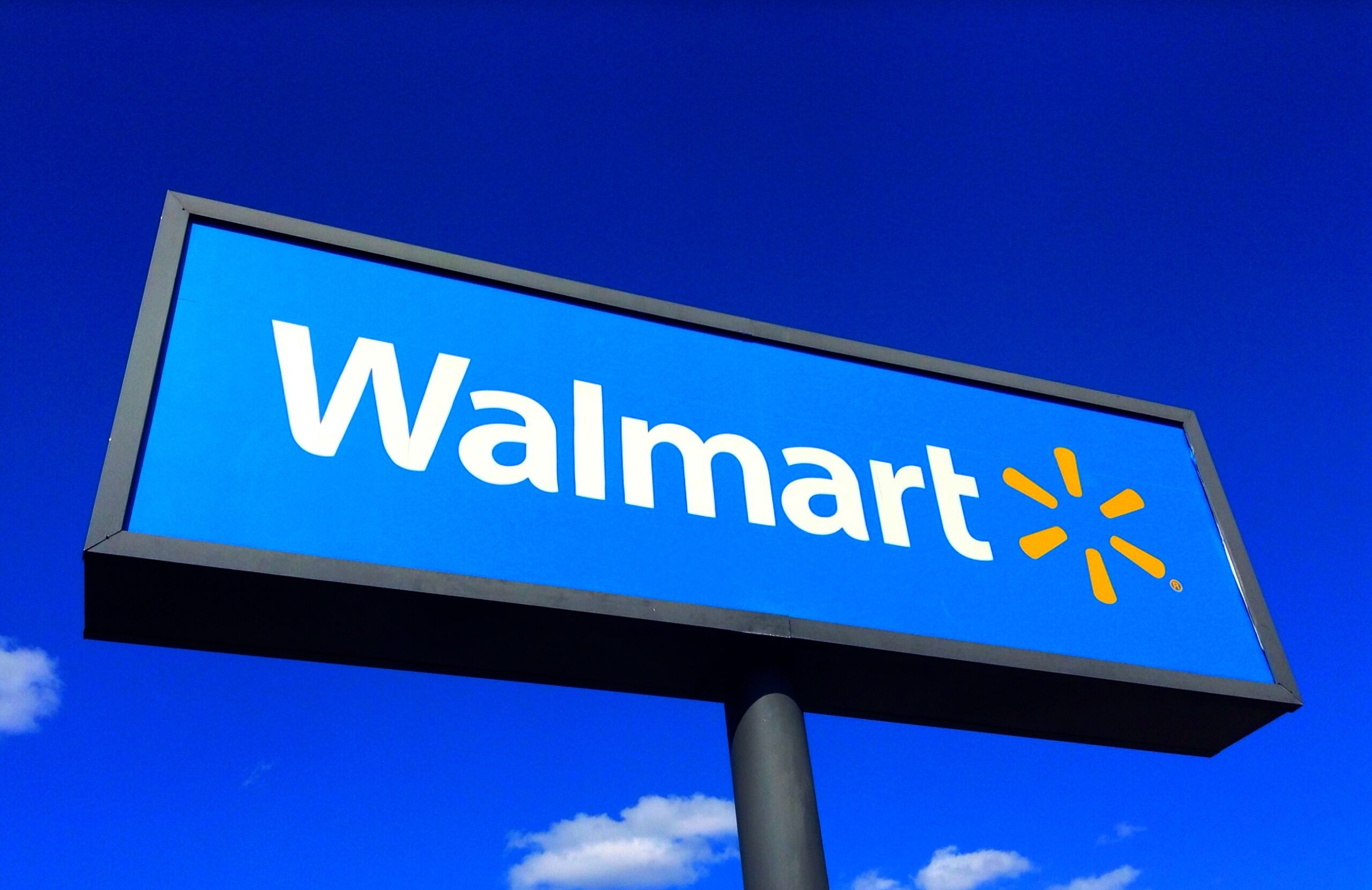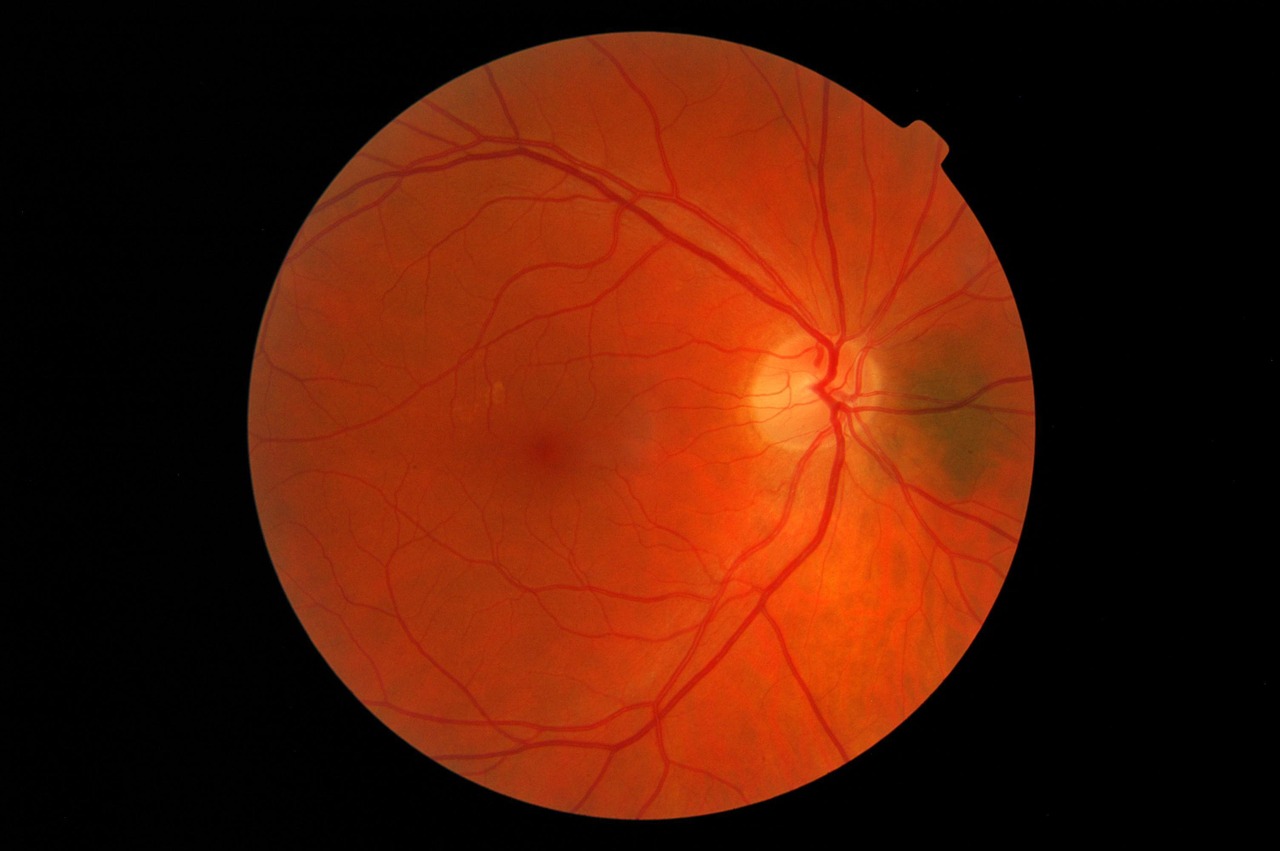More and more retail pharmacies see significant benefit in adopting artificial intelligence (AI) technologies, but they might not have the capacity to implement it on their own. To get started, they are tapping into tech giants for a helping hand.
Last week, Walgreens and Microsoft announced a partnership to deliver AI-driven healthcare solutions. Their alliance comes from a desire to fully evolve from an outdated, complex healthcare delivery system to meet the needs of a modern customer: a better-informed, more proactive patient.
Patients are becoming more invested in their own care, taking the time to research their disease and potential new therapies. They want personalized medicine at an affordable price, but traditional pharmacy retailers are not often equipped to provide both.
“Improving health outcomes while lowering the cost of care is a complex challenge that requires broad collaboration and strong partnership between the health care and tech industries,” said Satya Nadella, CEO of Microsoft. “Together with Walgreens Boots Alliance, we aim to deliver on this promise by putting people at the center of their health and wellness.”
Microsoft’s AI and cloud platforms will help digitize healthcare, allowing patients to stay connected to health information systems, while algorithms could monitor and potentially predict patient health outcomes. Shifting to cloud-based data storage and analysis could reduce administrative and operational costs, leaving more time for providers to consult with patients directly about their treatment plan. Ultimately, the patient experience will be improved with more convenient and accessible healthcare.
Thanks to Walgreens’ dominance in the retail pharmacy space, the two teams will service a large customer base. In addition to providing virtual care, they plan to develop and launch more healthcare-oriented devices with potential applications in medication adherence and disease management. Furthermore, they intend to debut 12 “digital health corners”— the storefronts for such devices.
The alliance also streamlines internal operations at Walgreens. More than 380,000 employees and stores will adopt Microsoft365, and Microsoft Azure will be home to its information technology (IT) infrastructure.
The obvious benefits from adopting AI technologies are not lost on retail pharmacies. Indeed, being an “early adopter” of AI and machine learning technologies can help show patients that they are serious about personalized care, wrote Lee Feigert, a consultant pharmacist based in Pennsylvania. AI can also go a long way in expediting drug development processes, bringing new therapies to market faster than ever before.
Spurring these strategic partnerships between pharmacies and tech giants is an increasingly competitive market. After Amazon’s rapid move into the healthcare space, retail pharmacies quickly struck partnerships to bolster their portfolios. Last year, Walgreens partnered with FedEx, Alphabet’s Verily, and LabCorp, to expand their healthcare services.
Artificial intelligence is infiltrating the healthcare space, whether we like it or not. Embracing and refining these technologies early can help save both money and time while improving patient health.












Join or login to leave a comment
JOIN LOGIN